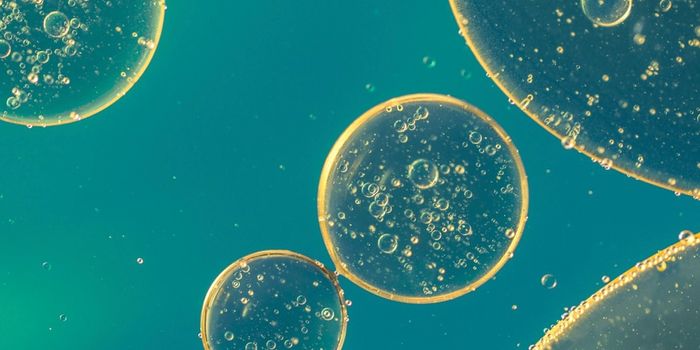It’s a tough world for bacteria. The little guys are targeted by our immune systems, antibacterial drugs, and even other “predatory” bacteria. However, a recent study from the Hebrew University of Jerusalem found that E. coli plays “hide and seek” to avoid such predators.
One of these predatory species is Bdellovibrio bacteriovorus. (You can read more about Bdellovibrio in my previous article.) Bdellovibrio and E. coli both live in the soil and the human gut, so they run into each other pretty often.
The study authors knew that E. coli was pretty good at avoiding predation by Bdellovibrio. To figure out how E. coli was able to survive, they pitted the two species against each other in various environments. One environment was a flat, open surface. A second was one that mimicked the complex architecture of soil. It had lots of hiding spaces for the bacteria - tiny chambers connected by tunnels (I’m imagining a bacteria-sized ant colony).
E. coli survived only a few hours on the open surface, having been easily found and killed by Bdellovibrio. In the soil environment, however, subpopulations of E. coli nestled into the various chambers, effectively hiding from Bdellovibrio.
According to study author Daniel Koster, “it seems that groups of
E. coli ‘hide’ in the many corners of the fragmented environment, where they readily stick as bio-films that probably protect them against
B. bacteriovorus. Our findings provide important information because in natural environments, such as our gut, the bacterium also lives in fragmented spaces”.
Some groups even think Bdellovibrio could be engineered to seek out and destroy pathogens. “Knowledge of defense and attack mechanisms in bacteria is crucial for future development of potential alternatives to antibiotics”, says Koster, “
B. bacteriovorus kills bacteria by a whole different mechanism of action than classical antibiotics, and as such, predatory bacteria might in the future constitute a viable alternative to these antibiotics”.
Source:
Alpha Galileo









